Mental Health Resources During Social Distancing
The coronavirus epidemic is already changing the way many of us live . Schools are closed. Churches have halted services. Travel is all but shut down for non-essential activities. There is, like, no sports. For many of us, this is merely a time of inconveince. For others, it is a time of extreme vulnerability.
For those struggling with mental health issues, the default is isolation. Getting as far away from people as possible is one of the tale signs of depression. To that end, it is no wonder why many therapist encourage those battling depression and anxiety to get out of the house, whether that means taking in a ball game, going on a quick hike, or having dinner with friends. My hopeful expectation is that life will be back to normal in May or June, but regardless, there are some folks in critical need right now.
I always provide the caveat that I am not a licensed therapist, but I consider holistic mental health living to be one the top priorities of my life. Therefore, much of the advice I give around mental health and self-care are tidbits, knowledge, recommendations, or instructions I have received from licensed therapists and mental health professionals.
Consider Virtual Therapy
Online therapy has boomed in popularity lately. It certainly is not for everyone but could be a good alternative for some. Talkspace is probably the most known because of the advertisement blitz they have done in the recent months, but there are other options that are way more affordable, including American Well, MD Live, and 7 Cups. Some insurers cover these services, others don’t. Inquire about payment options with the respective websites and see if it is a good fit for you. Also, take advantage of discounted trials if they are available. Many people can discern whether virtual therapy is right for them very quickly, though I would encourage those who can afford to try it out for a week or two before making a decision.
Leverage Technology
There are many well-known, reputable mental health and wellness individuals out there, and the great thing about the internet is that much of their work is available, either for free or at an affordable rate. Melodie Beattie and David Burns are some of the first to come to mind. Brené Brown is my absolute favorite of all-time, and I overwhelmingly recommend The Gifts of Imperfection to go with her TED talks on vulnerability and shame. This unfortunate time in history can turn out to be an excellent time for self-reflection and improvement.
Actually, check on your “Strong Friend”
I get sick of seeing tweet after tweet about checking on your strong friend, only to recognize that many people do not. I am not with the hotep population that preaches stupidity around people not earning “access to your space” and such, but I do think we tend to drain the person in our group that is empathetic and understanding to the point of emptiness sometimes. Your strong friend almost always has a word of encouragement for you when in need, but seldom gets that advice or love reciprocated. Use this time to match their energy.
Get Out of the House Occasionally
You should not be going to the bar or a restaurant, but there’s no reason you can’t go for a run, walk or hike. Being in complete isolation in your home can be incredibly dangerous to your mental health for some people. To that end, find activities you can do outside by yourself or with very limited people. I acknowledge this is way easier for those that live in less densely populated areas, but many American cities will still permit people to leave their homes, even if you are not going to a large gathering.
Don’t Stop Going to Therapy
If you are in a serious bind, or at any stage of being in crisis, it is probably best to continue going to therapy. If your therapist is still seeing patients, it’s OK to assume they are taking all the necceary precautions to ensure their space is clean and sterilized. One, you are already entrusting your life with this person. Two, if they are still accepting and seeing patients, it means they too are putting themselves at risk. That should be enough for us to trust they are keeping their space safe.
To that end, stopping therapy completely probably isn’t the best idea if you are in crisis mode or just coming out. If that’s you, I think it’s OK to place therapy attendance up there with grocery shopping and picking up prescriptions. Some things have to continue on because they are essential to life. Asthmatics will continue to pick up inhalers. Families will continue to food shop. Those struggling with mental health should continue therapy. It is essential to your life and well-being, and please do not let anyone tell you otherwise.
Time’s Are Scary, But We’ll Get Through This
Some of the things I am intentional about doing to keep myself in a great mental health space are no longer safe or functioning parts of life. There is no soccer. My gym is indefinitely closed. It is not safe to travel internationally. If you are currently staring down weeks or months without some of things that give you life, I hear you. I see you. I honor you. We will get through this together.

